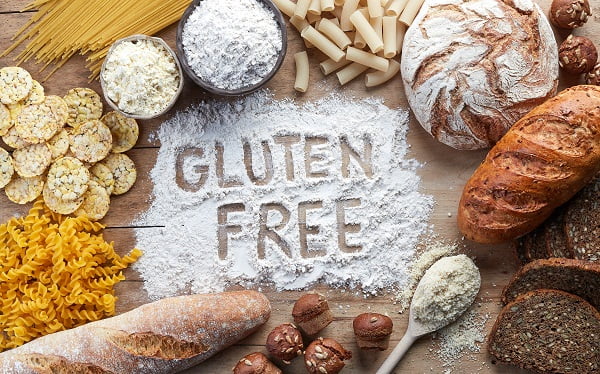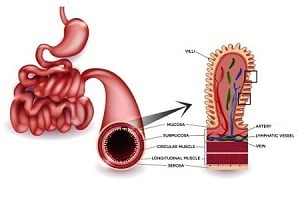Celiac Disease Treatment
- Updated on: Jun 27, 2024
- 3 min Read
By
- Published on Sep 26, 2019

Can celiac disease be completely treated or cured?
Celiac disease is a chronic autoimmune disorder. It cannot be completely cured. It can only be prevented and controlled. The treatment of celiac disease includes lifestyle changes and following a strict diet. Treatment is done by strictly adhering to certain things as discussed herein.
Strict Gluten-free Diet
A person has to follow strict gluten diet in order to control the celiac disease. The intake of gluten is to be avoided.

Food and beverages with gluten content 20 parts per million (ppm) only can be allowed. For some people, these traces of gluten won’t create any problem, but there are some patients who cannot tolerate even these small traces of gluten. For such people, completely gluten-free diet is recommended.
If a patient strictly follows the diet, the inflammation in the intestine may improve and eventually the symptoms may resolve. Also, continuous gluten-free diet prevents future reappearing of the disease and other complications related to the disease.
Gluten containing foods
Other than wheat, barley and rye that are typical gluten containing foods, there are other foods that contain gluten. These are:
- Graham flour
- Malt
- Semolina
- Spelt (a form of wheat)
Gluten free foods
A gluten-free diet means a food that does not contain the protein gluten. In spite of all these restrictions, people with celiac disease can eat a balanced diet.
Your doctor will advise you to visit a dietician, who will help you to maintain a gluten-free diet.
The following foods are beneficial for a celiac patient because these foods naturally do not contain any gluten:
- Fruits
- Vegetables
- Meat and fish
- Most dairy products like milk and cheese
- Potatoes and sweet potatoes
- Rice
- Beans and lentils
- Rice flour, soy flour and corn flour
Food containing hidden gluten
However, there are some foods, medications and other products, which contain hidden gluten. A patient should keep himself away from these foods. Some of them are:
- Preservatives and food stabilizers
- Toothpaste and mouthwash
- Lipstick products
- Herbal supplements
- Nutritional supplements
- Vitamins and mineral supplements
- Stamp glue
Vitamins supplements
People suffering with celiac disease are often found deficient of some essential nutrients and minerals. This may be because their body does not absorb the required minerals and vitamins. The deficiency can be of:
- Fiber
- Iron
- Calcium
- Magnesium
- Zinc
- Vitamin B12 and Vitamin D
- Proteins
In order to deal with this condition, your doctor may recommend vitamin supplements.
Dietary Supplements
Bone health is very important for people with celiac. Proper tests should be done to check the bone density. If the doctor finds thinning of bones, he may advise the patient to take some dietary supplements.
Medication
Your doctor may prescribe medications for healing the inflammation in intestine. But medications are only given if the intestine is severely damaged. Steroids are given as medications because they ease the symptoms of the disorder.
If the person is having itchy, blistering skin rash (dermatitis herpetiformis), the doctor may suggest a skin medication along with gluten-free diet.
Follow-up Care
The patient needs a medical follow up care even after following a strict gluten-free diet. Follow up is necessary to-
- Make sure that the symptoms have responded to the gluten-free diet. The doctor may ask for further blood tests in order to perform a diagnosis of the impact of treatment on the patient. The positive result of the tests implies that the treatment is going in the right direction. The negative result implies that still gluten is part of the diet directly or indirectly
- Help patient to be in contact with the dietician and maintain a healthy, nutritious and gluten-free diet
- Check if symptoms have reappeared. This helps the doctor and patient to follow proper care to avoid the situation.












